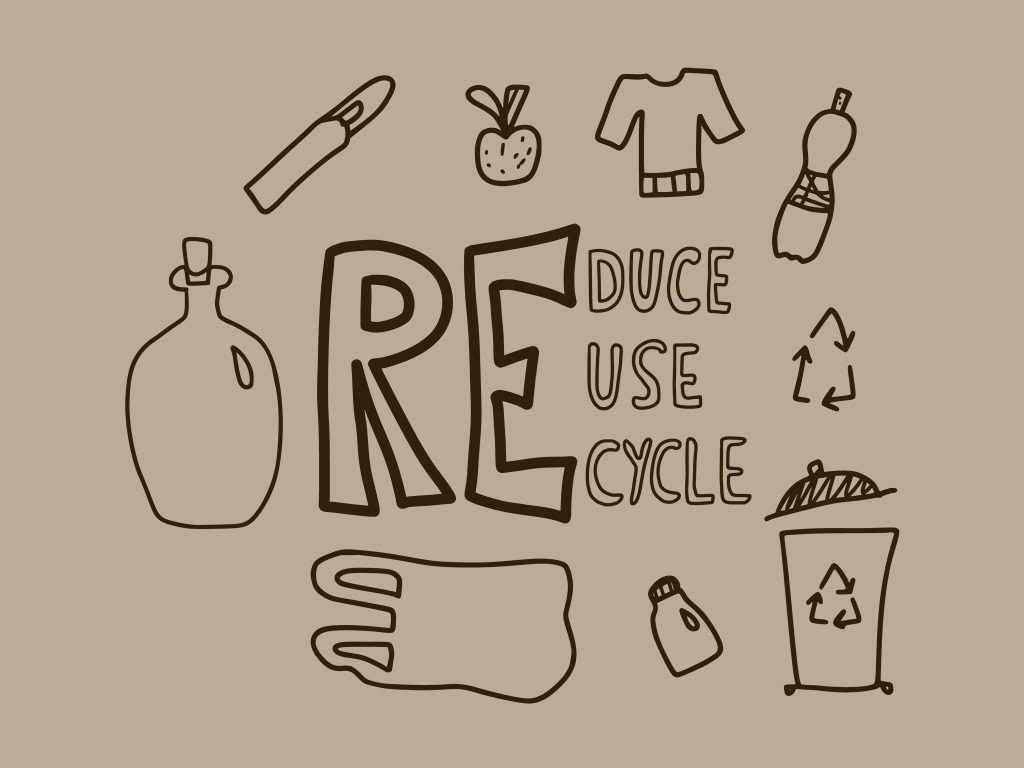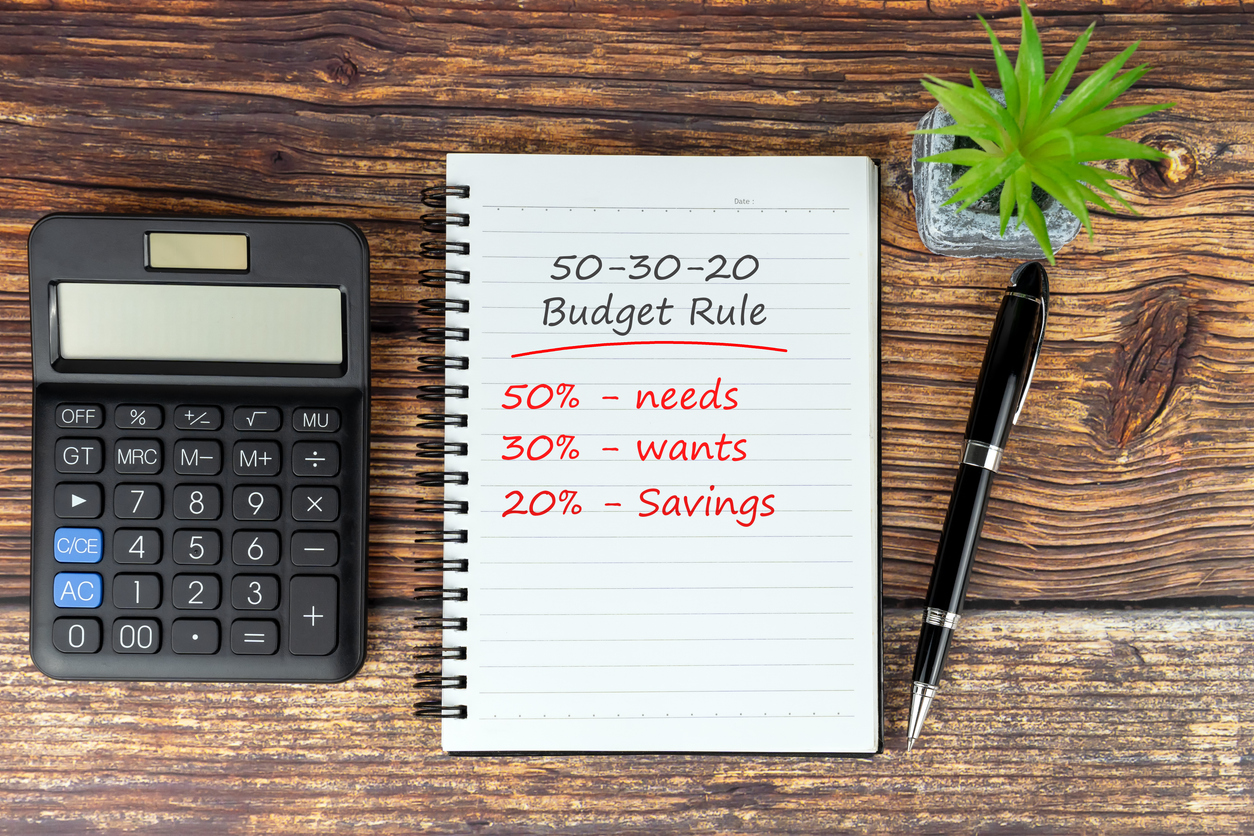At Solo Living, we care about practising and promoting a sustainable lifestyle. Particularly because people living alone in urban solo households are thought to be leading more sustainable lifestyles. We have found a sustainable approach to living is not just important for the wellbeing of the planet, but for our own personal wellbeing as well.
Yet living sustainably still gets a negative press with the widely held belief sustainable living involves major changes to how we live and the things we enjoy. There also remains a perception that a sustainable lifestyle equates to a more expensive lifestyle.
Easy Everyday Tips To Reduce Waste And Make Your Home More Sustainable
Sustainable Living | 4th May 2019 by Ciara McArdle
Reducing domestic waste and making your home more sustainable and eco-friendly is not as difficult as you may think. Glide your way through our list of tips and see how many you can tick off the list!

At Solo Living, we care about practising and promoting a sustainable lifestyle. Particularly because people living alone in urban solo households are thought to be leading more sustainable lifestyles. We have found a sustainable approach to living is not just important for the wellbeing of the planet, but for our own personal wellbeing as well.
Yet living sustainably still gets a negative press with the widely held belief sustainable living involves major changes to how we live and the things we enjoy. There also remains a perception that a sustainable lifestyle equates to a more expensive lifestyle.
We thought we would share our top tips on how to practise sustainability and eco-living in an easy, everyday manner. Remodelling your home to be entirely eco-friendly is beyond the capabilities of most of us – but there are definitely small changes we can all make helping to go a long way! Reducing all sorts of domestic waste, for one, is key to living sustainably, and is also a really easy way to reduce our carbon footprint.
SOLO LIVING’S TOP TIPS FOR REDUCING WASTE IN THE HOME
Water
Reducing the waste of water in your home is amazingly simple:
- Fix any leaks and don’t run the tap when shaving or brushing your teeth.
- If you want to go the extra mile, why not have a low-flow showerhead installed – it could save over two thousand gallons of water a year in a solo household. This not only reduces your environmental impact, but it reduces your household spending too.
- Or, alternatively, you could spend less time in the shower. Reducing the time you take in the shower by just two minutes can save ten gallons of water.
Food
-
In 2015, households in the UK wasted £13billion worth of food: 4.4 million tonnes. We can do our bit daily by being smarter with our cooking.
- Why not measure out your portions of rice or pasta rather than guessing and, as is so easily done, overestimating?
- Leftovers and waste sometimes cannot be avoided. But any scraps you’re left with can be recycled into compost if you buy a compost bin for your garden. You could even use this compost, later on, to plant your own vegetables and save a little extra money!
- On this note, having separate bins in your home to separate waste and recycling goes a long way and is very easy to implement. Although it may seem bothersome to begin with, it quickly becomes second nature to implement this sustainable practice daily.
Plastic
-
Perhaps the most lethal waste product is plastic. Plastic pollution has negative effects on the environment, wildlife and even humans. Cutting out plastic completely may seem like an unachievable task, however, you can easily make a difference by making small changes such as:
- Bringing your own bags to the shops.
- Buying loose fruit and vegetables.
- Refraining from buying bottled water and drinks.
Paper
-
Going paperless is another great way to reduce our waste and live sustainably:
- Why not switch to receiving all your bills via email?
- Use an e-reader rather than buying books.
- Or, if you love the feel of a book, buying second hand or borrowing from the library has a surprising impact too.
- You can even go paperless by using kitchen towels rather than kitchen roll!
Mending & Repairing
-
We can reduce our waste of clothes, electronics and more by taking the time or (slight!) expense to fix things rather than throwing them away.
- The internet is an amazing resource for how to fix things,
- Or you can go to a professional for help, whether that’s an electronics shop or a tailor.
- If something is truly broken beyond repair, why not recycle it by trading it in? Lots of electronics shops will pay money for old and broken mobile phones, TVs, DVD players etcetera!
- As for old clothes, you can sell them on eBay and various other reselling sites for extra cash, or donate them to a charity shop.
Energy
-
Reducing our waste of energy is another way we can practise a more sustainable way of living. There are a lot of very simple changes we can make in our everyday lives to achieve this.
- Firstly, when you’re not using an appliance or electronics such as your TV or laptop, turn it off and unplug it! It is estimated that phantom power – the energy used by electronics when they are off, but still plugged in – accounts for up to 10% of energy use in the home, with the 40 appliances constantly plugged in in the average household.
- We can further reduce our use of energy by using natural light more. A lot of us are in the habit of turning on lamps during the day, but turning off lamps for just one hour a day saves 1.22 pounds of CO2. It all adds up!
- If you want to go further with this, you can purchase energy efficient light bulbs for your home. They use less energy, but they also last longer – making this a good choice for both your sustainability and budgeting efforts.
- Finally, why not reduce both your carbon footprint and your gas bill by reducing your use of household heating. Heating a room for just an extra degree in a year results in releasing between 310-360kg extra CO2 into our atmosphere. Rather than cranking it up in the winter months, it’s easy to simply wear some cosy layers around the house.
Intentional consumption
-
Being more intentional with your consumption choices is an incredibly easy way to reduce our waste and live more sustainably. How many times have you bought something you don’t need, and don’t ever use? Whether it’s the food we end up throwing away, or clothes hanging in the wardrobe never to be worn, most of us could adopt a ‘less is more’ approach to our shopping.
Try and get into the habit of asking yourself whether you really need or want the item tempting you to buy. Next time, don’t impulsively buy the shoes – why not take a week to mull it over and consider whether you’ll really get enough wear from them to justify the expenditure and the space they will take up in your home? This will have the added benefits of saving you money and also de-cluttering your living space.
As you can see, living a more sustainable lifestyle neither has to be expensive nor have any impact on your creature comforts. But it can have an incredible impact on the state of our environment. No matter how small the changes we make, it all makes a difference. A lot of people doing a little to live more sustainably is likely to impact a profound change rather than a few people doing a lot!
Share this post:
Hear from Solo Living now and then by signing up to our mailing list



















